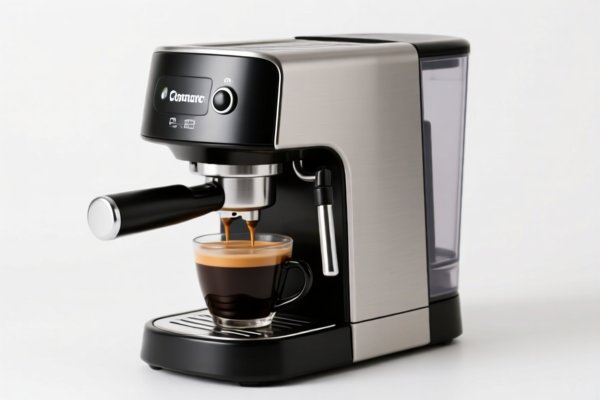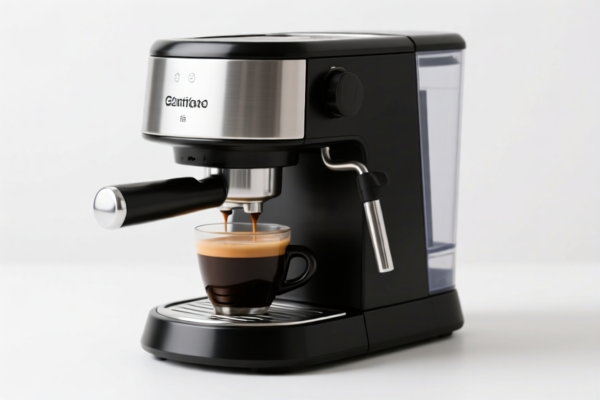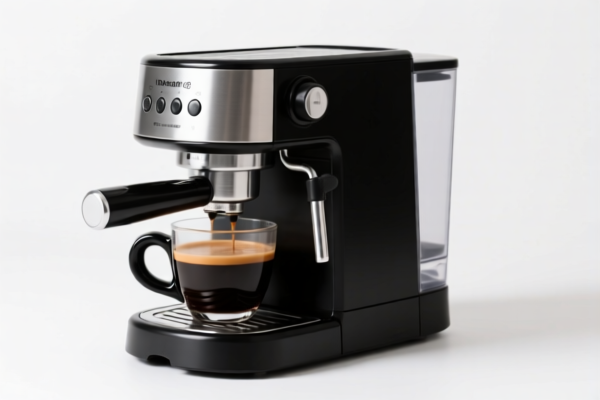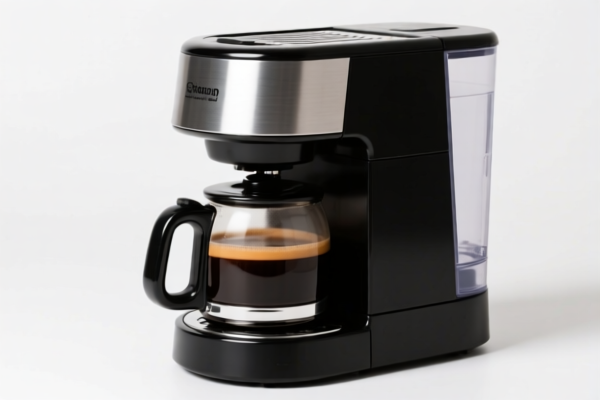| HS Code | Official Doc | Tariff Rate | Origin | Destination | Effective Date |
|---|---|---|---|---|---|
| 2101123200 | Doc | 47.5% | CN | US | 2025-05-12 |
| 2106909973 | Doc | 36.4% | CN | US | 2025-05-12 |
| 2106909990 | Doc | 36.4% | CN | US | 2025-05-12 |
| 3923500000 | Doc | 60.3% | CN | US | 2025-05-12 |
| 3923300010 | Doc | 58.0% | CN | US | 2025-05-12 |
| 3926909989 | Doc | 42.8% | CN | US | 2025-05-12 |




Coffee Capsule
A coffee capsule is a single-serving container of ground coffee, sealed for brewing a single cup of coffee. They are designed for use with coffee machines specifically engineered for capsule-based brewing systems.
Material:
Capsules are typically made from one of two primary materials:
- Plastic: Commonly polypropylene (PP) or polyvinyl chloride (PVC). Plastic capsules are generally less expensive but raise environmental concerns due to recyclability challenges.
- Aluminum: Increasingly common due to its superior barrier properties (preserving coffee freshness) and recyclability. Aluminum capsules require specialized recycling facilities.
- Biodegradable/Compostable Materials: Some manufacturers are utilizing materials like PLA (polylactic acid) derived from renewable resources, though their compostability depends on industrial composting infrastructure.
Purpose:
The primary purpose of a coffee capsule is to provide a convenient and consistent method for brewing single-serving cups of coffee with minimal effort and cleanup. They aim to simplify the coffee brewing process while maintaining a relatively high quality of brew.
Function:
Capsules function by containing a pre-measured, tamped dose of ground coffee. When inserted into a compatible machine, the machine pierces the capsule, and hot water is forced through the coffee grounds under pressure. This process extracts the coffee flavor and aroma, resulting in a brewed cup. The machine then ejects the used capsule. The pressure and temperature are controlled by the machine, ensuring a consistent brew.
Usage Scenarios:
- Home Use: The most common application, providing a quick and easy coffee solution for individuals and small households.
- Offices: Popular in office environments for providing employees with a variety of coffee options without the need for traditional coffee brewing equipment.
- Hotels & Hospitality: Used in hotel rooms and other hospitality settings for convenience and ease of use.
Common Types (by Machine/Brand Compatibility):
- Nespresso: Perhaps the most well-known system, utilizing a specific aluminum capsule design. Nespresso capsules come in a wide variety of blends and intensities. OriginalLine and VertuoLine are distinct Nespresso systems with differing capsule shapes and brewing methods.
- Dolce Gusto: A system using plastic capsules, offering a broader range of beverages beyond espresso, including teas, hot chocolate, and specialty coffees.
- Keurig K-Cup: While technically a 'pod' rather than a capsule (typically made of plastic), it serves a similar function and is widely used in North America.
- Lavazza A Modo Mio/Blue: Lavazza offers compatible capsule systems, utilizing both plastic and biodegradable capsule options.
- Third-Party Compatible Capsules: Numerous companies produce capsules compatible with popular systems like Nespresso and Dolce Gusto, offering a wider range of coffee choices and price points.
Coffee capsules fall under several potential classifications based on their composition and preparation method. Here's a breakdown of relevant HS codes:
- 2101123200: This code covers extracts, essences and concentrates of coffee, and preparations with a basis of these extracts, essences or concentrates or with a basis of coffee. This is applicable if the capsule contains coffee extract or is a preparation based on coffee extracts. The total tax rate is 47.5%, comprised of a 10.0% base tariff, a 7.5% additional tariff, and a 30.0% additional tariff effective after April 2, 2025.
- 2106909973: This code applies to food preparations not elsewhere specified or included, specifically "Other" preparations for the manufacture of beverages. If the capsule is considered a preparation for making beverages, this code may be relevant. The total tax rate is 36.4%, consisting of a 6.4% base tariff and a 30.0% additional tariff effective after April 2, 2025.
- 3926909989: This code covers other articles of plastics and articles of other materials of headings 3901 to 3914, categorized as "Other." If the capsule is primarily made of plastic and doesn't fall into more specific plastic classifications, this code could apply. The total tax rate is 42.8%, consisting of a 5.3% base tariff, a 7.5% additional tariff, and a 30.0% additional tariff effective after April 2, 2025.
It is important to determine the precise composition and function of the coffee capsule to select the most accurate HS code. If the capsule contains coffee extract, 2101123200 is the most likely classification. If it's a preparation for beverage making, 2106909973 should be considered. If the capsule is primarily plastic, 3926909989 may be applicable.
Customer Reviews
No reviews yet.